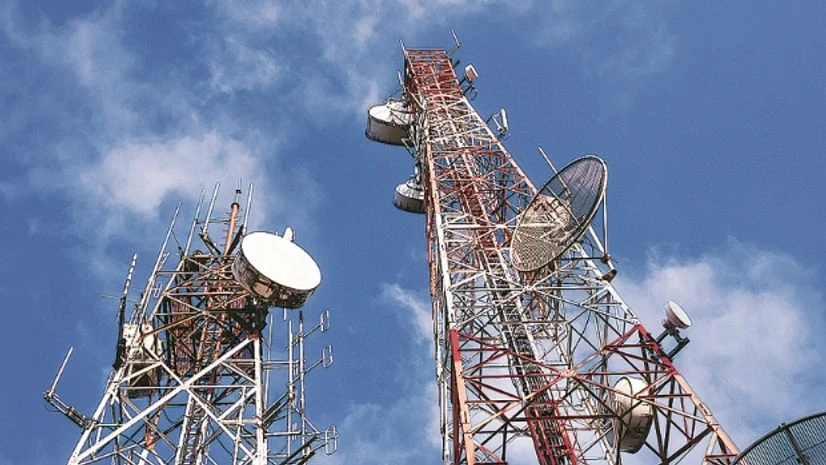Keeping aside observation of the Supreme Court order in 2G spectrum case that spectrum should be allocated through an auction, Trai has recommended allotment of radiowaves without bidding route for PMRTS.
"The authority recommends that taking into consideration factors viz PMRTS market conditions; low spectrum demand and high spectrum availability; the assignment of spectrum for PMRTS should be made administratively on the basis of demand," Trai said on late Friday evening.
Unlike cellular services, PMRTS are operated for two-way communication within a small distance of around 30 kilometer-range by police, security agencies, construction companies etc.
The recommendations have been made after the telecom department requested the Telecom Regulatory Authority of India to suggest an appropriate method of spectrum allocation for Public Mobile Radio Trunking Service (PMRTS).
"DoT through letter dated 6th February 2018, informed the authority that - 'Regarding the methodology of spectrum allocation (and its legality) - auction or otherwise - a policy decision will be taken by DoT, as advised by Trai. Notwithstanding that, Trai may provide its considered recommendations as requested by DoT," the regulator said.
The Supreme Court order in 2012, which cancelled 122 telecom permits that were assigned spectrum administratively for 2G service, said that the spectrum should be assigned transparently through auction.
More From This Section
The DoT in July 2017 has sought regulator's views on a method that should be used for spectrum allocation for PMRTS.
"Upon examining the reference, the authority realised that other methods of allocation of the spectrum such as administrative allocations etc apart from the auction mechanism were also open for consideration," Trai said.
Following this observation, Trai approached DoT for clarity as to whether it is legally tenable to allocate spectrum by any mechanism other than auction and received go-ahead from the department.
DoT assigned spectrum for PMRTS at an administrative price as an interim measure up to March 31, 2014, but discontinued provisional assignment of spectrum to PMRTS providers from June 2015, accordign to the Trai paper.
However, it continued interim assignment of the spectrum to the government, public sector firms and private users etc for captive usages for a period of next six months.
PMRTS is a niche service used only by limited institutional clients in certain pockets with a total subscriber base of approximately 56 thousand radio users nationally and the spectrum requirement is relatively low for these services.
"In the financial year 2017-18, the revenue generated by the PMRTS providers was only about Rs 350 million and the Royalty and Spectrum Fee charges paid by the PMRTS providers was less than Rs 10 million," the Trai paper said.
Under the new telecom policy in works, the government has proposed to rationalise spectrum price as the industry under debt burden of Rs 7.8 trillion has expressed that the price are too high for them and expensive airwaves do not make business case for them.
As part of the recommendations, Trai has suggested levying of spectrum usage charges at rate of 1 per cent on adjusted gross revenue (AGR) for the spectrum allocated to PMRTS.
For determining the AGR for the purpose of levy of license fee and SUC, Trai recommended that the revenue from sale of handsets (the cost of which is separately identifiable) will be allowed as deduction from the gross revenue of PMRTS.
The regulator, however, did not make any specific recommendation on license fee of PMRT Service.
Trai also suggested that the existing provision of duration of 20 years for PMRTS license should continue.
Firms operating in the segment said that PMRTS infrastructure is very expensive and life of the PMRTS infrastructure is 15-20 years and hence licence should be at least for 20 years period.
The regulator has recommended that in order to promote efficient use of spectrum, the cap on the number of PMRTS handsets per channel that can be imported, should be removed.
"However, while applying for import license, the PMRTS provider shall provide a justification for demand/ requirement of spares etc of PMRTS handsets required to be imported," Trai said.

)
